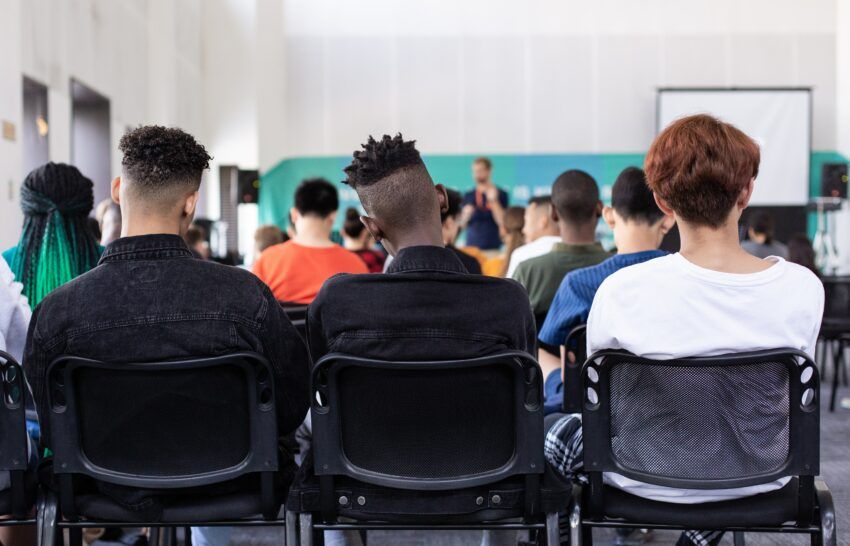Supporting potential disabled applicants – a missing opportunity in the evaluation of Uni Connect?

The evaluation had mixed findings. While it found evidence that Uni Connect can have a positive influence on learner outcomes when delivered as a multi-intervention approach, it also found that disabled learners consistently report lower outcomes than others.
While the evaluation suggests targeted approaches that Uni Connect partnerships could develop in future, this blog post suggests that these conclusions ask both too little and too much of these partnerships.
Too little because they fail to build on the existing body of knowledge on this issue; and too much because the conclusions fail to recognise the importance of other barriers to disabled learners. To be effective in improving outcomes for disabled learners, Uni Connect partnerships and their university partners should sign up to the Disabled Student Commitment.
Consistently poorer outcomes for disabled learners
The evaluation found a range of poorer differential outcomes for disabled learners. Disabled learners were found to be at particular risk of ‘not developing an accurate understanding of HE [higher education], including the costs and financial support available, and the potential return on the investment in HE’. In addition they were less able to engage with activities such as campus visits and summer schools.
Worse still, when comparing the results to earlier waves of the Uni Connect evaluation, the study found that the situation had deteriorated over time. For disabled learners, ‘the motivation and confidence in their ability to go to university if they wanted to and being able to cope with the level of study required’ decreased between 2019–20 and 2021–22.
The report recommends that Uni Connect partnerships: explore the factors that create negative perceptions of higher education among disabled learners and deliver targeted interventions; use role models in the delivery of interventions; deliver interventions for ‘key influencers’; and provide information for parents/carers.
The results of the evaluation need sensitive analysis. Many partnerships would point to the reduced funding and expanded remit since the last evaluation, and that this may have had an impact on strategic outreach for underrepresented groups.
Asking too much or not enough of Uni Connect partnerships?
The evaluation of Uni Connect reviews all learner outcomes, not only for disabled learners. However, when seen in the context of what is known about the obstacles faced by disabled people, the conclusions of the report look partial. More evidence about these obstacles is highlighted in the Disabled Student Commitment.
The findings of the Uni Connect study are strongly aligned to the wider body of evidence in the commitment: key components of the commitment are about choosing a course of study and the transition to university.
The commitment calls upon higher education providers and other organisations to ensure information, advice and guidance about available support is widely available, and that potential barriers in the delivery of education and services are acknowledged.
The commitment also suggests that outreach strategies and plans should have a specific disability focus, including improving information provision and staff awareness; and ensuring open days are accessible to disabled people.
Therefore, the commitment asks for more from Uni Connect partnerships than the Uni Connect evaluation. However, it also recognises that more is needed from other key stakeholders in the sector. In this sense, it is a shortcoming of the Uni Connect evaluation that it does not recognise that the success of Uni Connect is also dependent on other sector institutions.
The commitment calls for changes to UCAS information; to the information provided by funders of higher education courses and research programmes; and to the approach of professional, statutory and regulatory bodies.
Fundamentally, the commitment stresses the importance of co-creation with students and through its holistic approach, the commitment ensures progress is intersectionally relevant.
Signing up to the Disabled Student Commitment
The more holistic approach of the commitment would help reduce the discrepancies reported by disabled learners. Uni Connect partnerships and their university partners should jointly sign up to the commitment. The collaborative opportunities between Uni Connect and universities could rapidly enhance the outcomes for disabled learners, and align the approaches of Uni Connect and their sponsors. Indeed, given the funding challenges, aligning through the commitment seems an essential way to make progress for disabled learners.